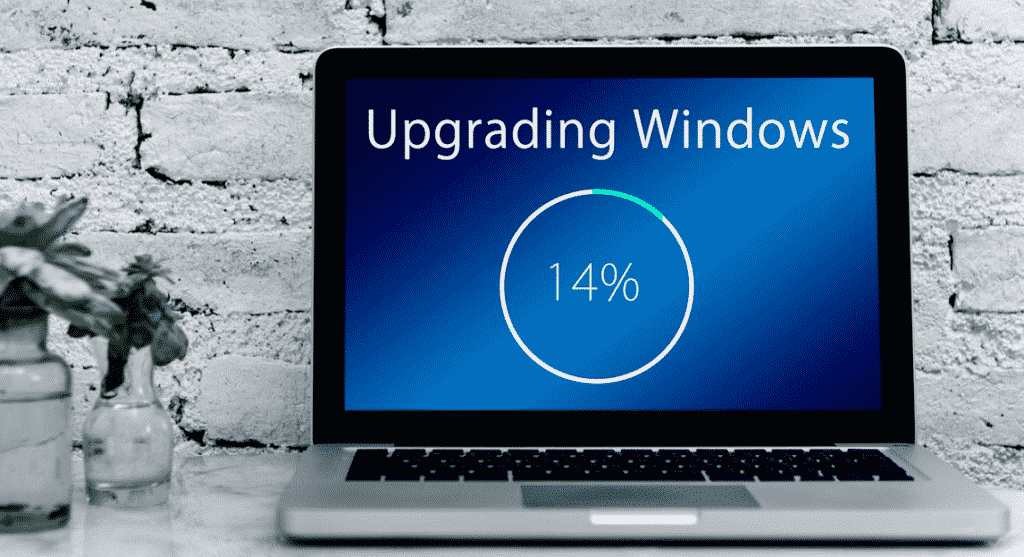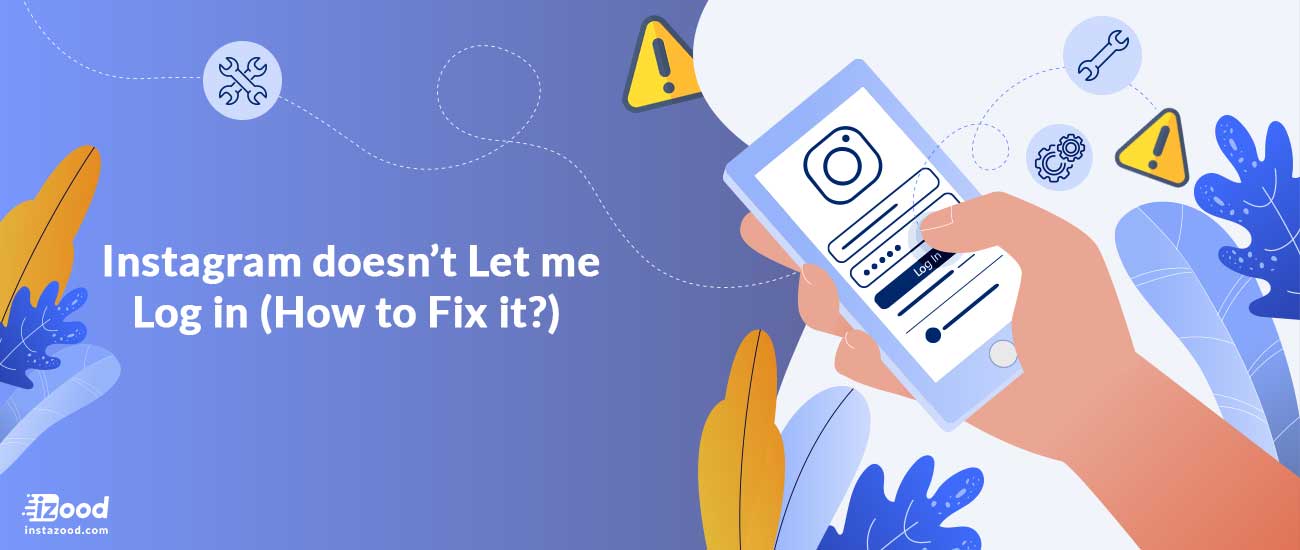
Does your laptop feel slow and not work as well as it should? Do you keep asking, “Why is my laptop slow?” You’re not alone, so don’t worry. This is an annoying problem that a lot of laptop users have. The good news is that there are a few easy fixes that can speed up your laptop and make it run like new again. This complete guide will look at the most common reasons your laptop might be running slowly and give you useful ways to fix each one. Let’s find the best quick fixes for a laptop that is running slowly.
Why Is My Laptop Slow? 12 Guaranteed Ways to Fix It
There are many reasons a laptop might be running slowly, but the most important thing is to fix it as soon and as well as possible. If you want to be sure that you can fix it, here are some suggestions:
1. Restart Your Laptop
Restarting your laptop is one of the easiest and most efficient ways to boost performance. Restarting your laptop removes transient RAM data and kills background programs that use system resources. This can eliminate laptop-slowing difficulties and bottlenecks.
From the Start menu, select Power, then Restart to restart your laptop. Turn on your laptop after a complete shutdown. This restart may fix any performance issues on your laptop.
2. Turn Off Power Saver Mode
The Power Saver mode on your laptop is meant to save power, which can be helpful, but it could also make your laptop run slowly. Your laptop might be running slowly because of Power Saver mode if you’re wondering “Why is my laptop slow?” To fix this, go to your laptop’s settings and turn off the Power Saver choice under “Power & Sleep.” Pick a power plan that says “Balanced” or “High Performance” instead. These plans are meant to improve the efficiency of your laptop, which could fix problems with it being slow.
3. Close Browser Tabs and Remove Add-Ons
If you’re someone who tends to open multiple browser tabs, it’s important to note that each open tab consumes system resources, including RAM. Having too many tabs open can slow down your laptop, especially if the websites in those tabs are resource-intensive.
To speed up your laptop, close any unnecessary browser tabs and only keep the ones you actively need. Additionally, consider removing any unnecessary browser add-ons or extensions, as these can also consume system resources and affect your laptop’s performance. Regularly reviewing and managing your browser tabs and add-ons can help keep your laptop running smoothly.
4. Quit Intensive Programs
If your laptop is slow, some programs may be utilizing a lot of CPU and RAM. These resource-intensive programs can slow your laptop. Find and close these programs to free up system resources and boost laptop performance.

Open the Task Manager by pressing Ctrl + Shift + Esc or right-clicking the taskbar and selecting Task Manager to find resource-intensive programs. Sort apps by CPU or memory utilization in Task Manager’s Processes Tab. Find programs that use a lot of resources and close them if they’re not necessary.
5. Free Up Space on Your Hard Drive
Laptop performance can suffer from a full hard drive. Your hard drive’s storage capacity might impede file operations and limit temporary file and system process space. Freeing up hard disk space helps boost laptop speed and responsiveness.

Start by removing useless files and apps to free up disk space. A Windows disk cleanup tool can remove temporary files, system files, and other unnecessary data. Move huge files or movies to an external storage device or cloud storage to free up laptop space.
6. Disable Startup Programs
When you start your laptop, certain programs may automatically launch and run in the background. While these startup programs can provide convenient functionality, they can also slow down your laptop’s boot time and consume system resources.
To optimize your laptop’s startup time and performance, review and disable any unnecessary startup programs. In Windows, you can access the Startup tab in the Task Manager to see a list of programs that launch at startup. From there, you can disable or remove any programs that you don’t need to start automatically.
7. Pause OneDrive Syncing
Using Microsoft OneDrive to sync large files between devices could slow down your laptop and use up system resources. Stopping OneDrive synchronisation may help your machine run faster. To stop sync, right-click the OneDrive icon in the system tray.
From the context menu, choose “Pause syncing” and set the time. This will stop OneDrive from using system resources for a short time, which will make your laptop run faster. Sync your laptop again after heavy tasks or when you’re not using it.
8. Update Your Operating System
An outdated operating system might hinder laptop performance. Bug fixes, performance improvements, and security patches in software upgrades can speed up and stabilize your laptop. Updating your operating system gives your laptop the latest improvements and fixes.

To check Windows updates, open Settings, pick “Update & Security,” then click “Windows Update.” Check for and install updates from there. After updating, restart your laptop to apply the changes. Update your operating system periodically to optimize your laptop’s performance and fix any issues that may be slowing it down.
9. Scan for Malware
Malware can severely impact laptop performance and security. Malware can slow down processes, use system resources, and compromise personal data. If your laptop is lagging and acting strangely, scan for malware and remove it.
Perform a full system scan with trusted antivirus software to detect viruses on your laptop. Update your antivirus program to identify new threats. Follow the instructions to remove malware and safeguard your laptop. Maintaining your laptop’s performance by screening for malware and updating antivirus software can help.
10. Defrag Your Laptop
Regular disk defragmentation can boost laptop HDD performance. Hard drives can fragment over time, storing files in non-contiguous clusters. This can delay file access and system performance. Windows’ built-in disk defragmenter defragments hard drives. Fragmented files are rearranged and optimized on the hard drive using this utility, improving file access and performance.
If your laptop has an SSD, defragmentation is unnecessary and may shorten its longevity. SSDs do not fragment like HDDs, so defragmenting them is unnecessary.
11. Upgrade Your Hard Drive
If your laptop remains slow after the above fixes, consider updating your hard drive. Moving from an HDD to an SSD can enhance performance.
SSDs outperform HDDs in speed, reliability, and quietness. Data access and file transfer are faster since they have no moving parts. Upgrade your HDD to an SSD for faster boot times, application launches, and laptop performance.
Backup your vital data and consult your laptop manufacturer’s instructions or a professional technician before upgrading your hard drive to verify compatibility and appropriate installation.
12. Add More RAM
Slow laptops might also result from low RAM. If your laptop frequently runs out of memory, it may use slower storage like the hard disk, reducing performance. Add extra RAM to your laptop to help it tackle several tasks. Check your Task Manager memory use to see whether your laptop needs more RAM. Increasing RAM capacity can enhance performance if you utilize a lot of it.
Make sure your laptop supports RAM upgrades and knows its maximum capacity before upgrading. Your laptop’s RAM type and speed may also matter. A successful RAM update requires laptop manufacturer documentation or professional help.
Also Read: “Lenovo Touchpad Not Working“
Lastly
These quick fixes will get rid of the most common reasons why your laptop might be running slowly, so you can get more done and enjoy better speed. Don’t forget to maintain and tweak your laptop on a daily basis to get the best performance over time.











